The View from Vermont
The View _OF_ Vermont
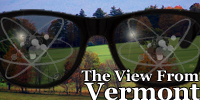 Instead of the View From Vermont, today's post might be called the View Of Vermont. I've been putting a lot of mileage on my car. I live near White River Junction, and during the course of this week, I have visited Brattleboro, St. Johnsbury, Barre, Norwich, and Hartland. (At least Norwich and Hartland are neighboring townships.) My friend Howard Shaffer was in a debate at Castleton College, near Rutland.
Instead of the View From Vermont, today's post might be called the View Of Vermont. I've been putting a lot of mileage on my car. I live near White River Junction, and during the course of this week, I have visited Brattleboro, St. Johnsbury, Barre, Norwich, and Hartland. (At least Norwich and Hartland are neighboring townships.) My friend Howard Shaffer was in a debate at Castleton College, near Rutland.
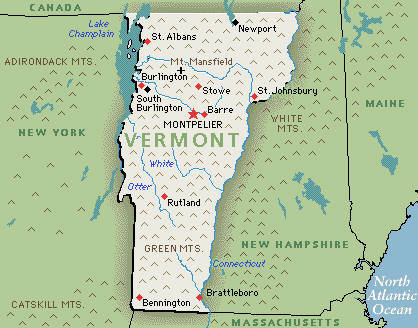 No, I am not a leaf-peeper, though the leaves are truly beautiful and the leaf-peepers are still all over the roads. In many ways, I'm lucky to be driving so much at this season. People have asked me to talk about Vermont Yankee, and I am willing. The red-gold trees are a bonus!
No, I am not a leaf-peeper, though the leaves are truly beautiful and the leaf-peepers are still all over the roads. In many ways, I'm lucky to be driving so much at this season. People have asked me to talk about Vermont Yankee, and I am willing. The red-gold trees are a bonus!
Preaching to the Choir?
As Howard and I have noted in previous posts, the Vermont Yankee nuclear power plant is a huge issue in the Vermont elections. The good news is that people in Vermont are more aware of the plant and want to learn about it. Many people are Vermont Yankee supporters. They need to know how to answer the allegations of the opponents. I have spoken mostly to Rotary Clubs and business associations. Our supporters are full of questions:
- "People say the plant was only designed to run for 40 years. I don't know how to answer that one."
- "How dangerous is tritium?"
- "What do I say when they bring up Chernobyl?"
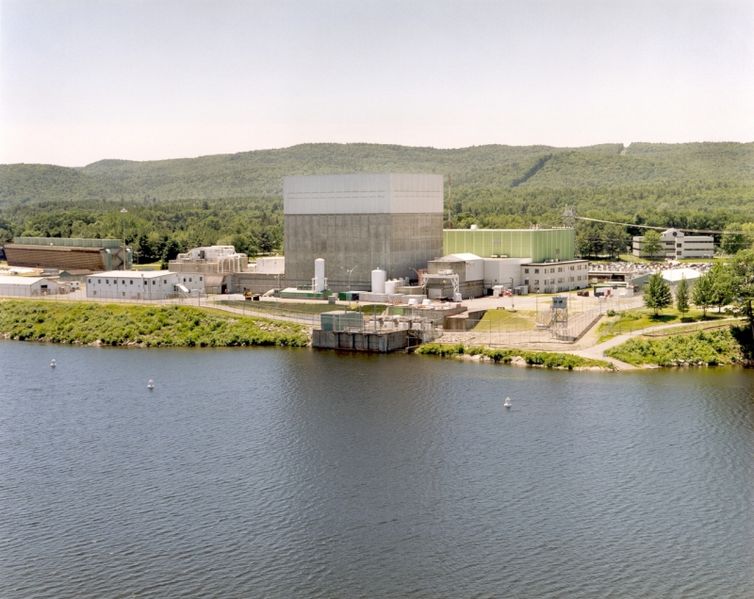
Vermont Yankee
This has led me to realize what a truly terrible job of education the nuclear industry has done. Even our supporters, people who want to keep Vermont Yankee running, people who want to build a new nuclear plant to take its place in 20 years.... even these people know very little about nuclear power. In answering their questions, I explained the following:
- Plants are licensed for 40 years as a matter of prudence, it's not a "sell-by" date. Many power plants (coal plants) have been running more than 40 years. Nuclear plant equipment safety and conditions are under constant review.
- The exit sign overhead contains several curies of tritium, far more than was spilled at Vermont Yankee. Tritium is a very weak source of radiation, and drinking tritium-containing well water at the plant is far less dangerous than eating a banana.
- Chernobyl can't happen here. Graphite moderators can burn, and our LWRs can't burn.
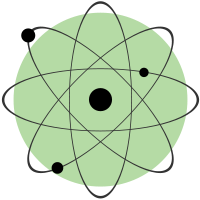 In other words, "Nuclear power 101" was all that was needed to answer their questions. The people in these audiences were civic-minded, college-educated, and successful in their careers. Nobody had ever educated them about nuclear power, however. I chose the word "education" carefully. The lack of knowledge among our supporters goes beyond whether or not the nuclear industry's PR outreach is good enough.
In other words, "Nuclear power 101" was all that was needed to answer their questions. The people in these audiences were civic-minded, college-educated, and successful in their careers. Nobody had ever educated them about nuclear power, however. I chose the word "education" carefully. The lack of knowledge among our supporters goes beyond whether or not the nuclear industry's PR outreach is good enough.
It is important to do outreach to those who are undecided or even against nuclear. But most importantly, we need to help our own supporters. People learn from their neighbors and friends. We need to help our supporters be well-educated advocates.
In my opinion, when you talk to supporters, you are not preaching to the choir. You encourage everybody when you help current supporters gain knowledge. Then these supporters can make an effective case to their friends. Their friends are the future supporters.
Start Young
I also believe we need strong outreach and education for younger people. Students today are concerned with global warming the way that students in my day were concerned with civil rights or air pollution. The students today, therefore, are a receptive audience for our message. We need to go into high schools with a science talk or a debate. We need to go on college campuses and debate with the PIRG groups and so forth.
In that sense, my friend Howard Shaffer's recent debate was more important than anything I did with business groups. On October 20, Shaffer debated Tyson Slocum of Public Citizen at Castleton State College, near Rutland. Hurray for Howard!
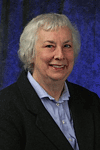
Angwin
Meredith Angwin is the founder of Carnot Communications, which helps firms to communicate technical matters. She specialized in mineral chemistry as a graduate student at the University of Chicago. Later, she led geothermal research projects and was a project manager in the geothermal group at the Electric Power Research Institute (EPRI). She is an inventor on several patents. Angwin serves as a commissioner in the Hartford Energy Commission, Hartford, Vt.
Angwin is a long-time member of the American Nuclear Society and coordinator of the Energy Education Project. She is a frequent contributor to the ANS Nuclear Cafe.

